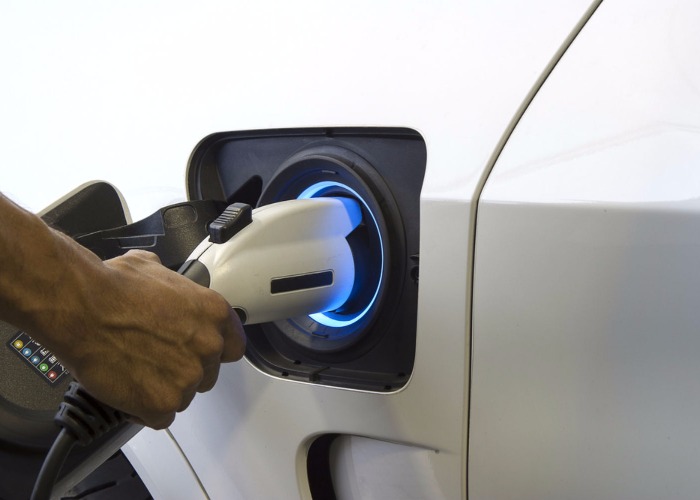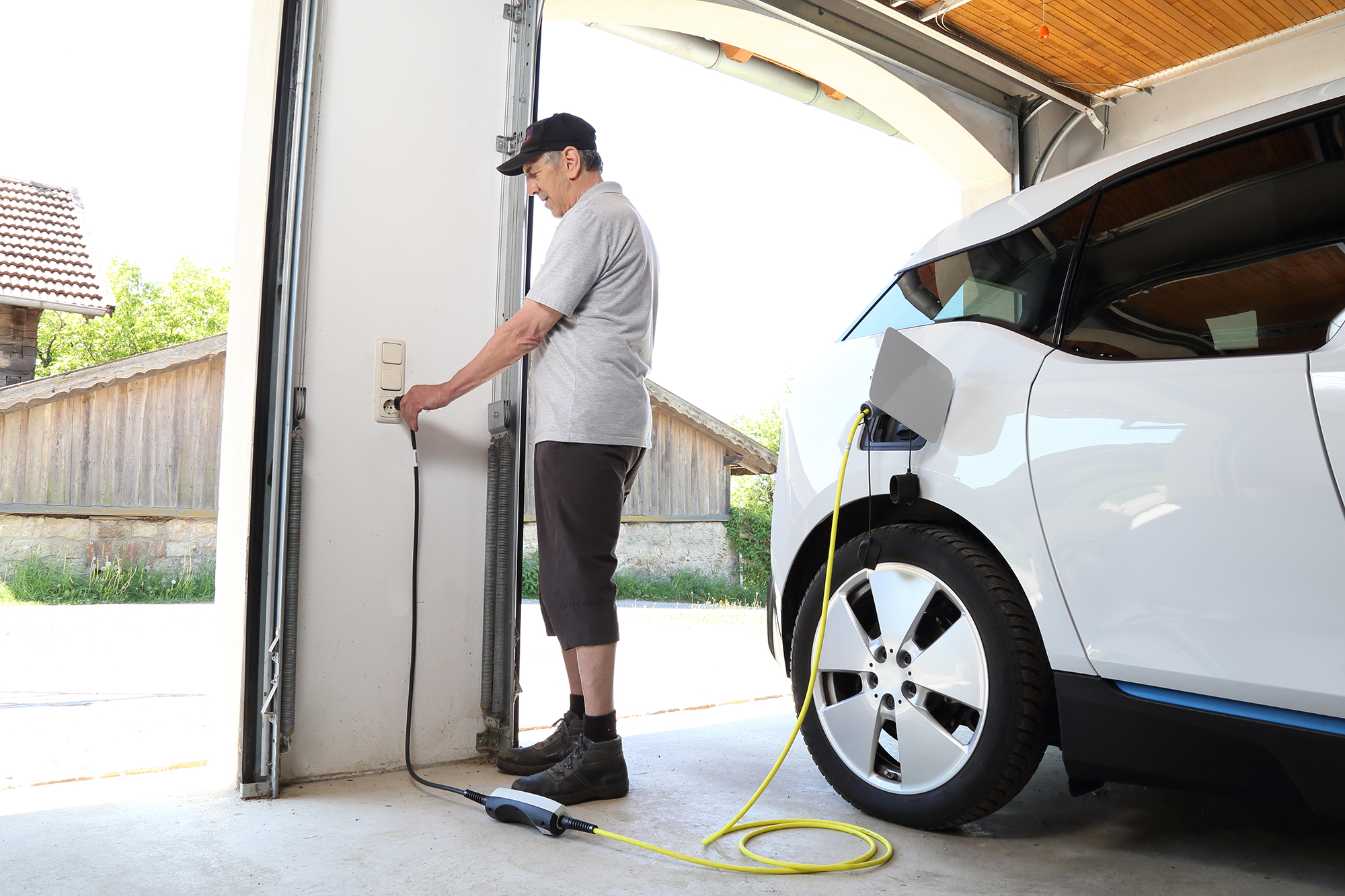Rightcharge: electric car price comparison site could save drivers hundreds

New site Rightcharge promises to make it easier to find the right charger for your motor – and the right energy tariff to use.
It’s been a big year for electric vehicles in the UK. The latest data from the Society of Motor Manufacturers and Traders (SMMT) has shown that in the year to date registrations of new petrol and diesel motors have crashed by 40% and 56%, respectively.
This is in stark contrast to the rising sales of different types of electric cars.
Battery electric vehicles have seen registrations jump by 165% so far this year compared to the same period of 2019, while registrations of plug-in hybrid electric vehicles and hybrid electric vehicles rose 83.7%, and 8.1%, respectively.
According to SMMT, registrations of mild hybrid electric diesel vehicles and mild hybrid electric petrol vehicles soared over the same period by 104.1% and 142.8%, respectively.
But a big consideration for any motorist considering going electric is how they charge their vehicle, particularly how they top it up at home.
And that’s where a new price comparison site called Rightcharge comes in.
Rightcharge looks at the cost of setting up a charging point in your home to use with an electric car and looks at the different energy tariffs you can use for your everyday energy needs.
So how does it work?
Visit the Rightcharge site now

What type of car do you need to charge?
The first piece of information the site asks for is what sort of electric car you’re looking to charge from home. After all, not all electric cars are the same, and so the right type of charge point will vary depending on the actual motor you go for.
You can select the exact model or go down the ‘don’t know’ route if you haven’t actually settled on what car you want.
You’ll also be quizzed on whether you own a driveway or garage which would mean you could be entitled to a £350 grant from the UK Government through the Electric Vehicle Homecharge Scheme.
Once you provide your postcode, you’ll then be given a report on the lowest priced chargers available to you. Each charger has a star rating out of five, with a couple of selling points highlighted for each.
For example, the ‘Intelligent Wall Charger’ from Ohme has a five star rating and gets praised for its smart charging system and that can choose to charge when the grid is cleanest, and the fact that it syncs with the Agile tariff from Octopus Energy.
Most importantly, of course, you also get a price, but this is just a starting point for what it will cost you.
With the example above, my quote was that the price starts at £569 including installation, and with the energy grant in place, should it be applicable.
Once you decide which charger you want to go for, you click through to get a formal quote. Rightcharge will then connect you with one of the installers it works with to give you a more thorough pricing for the work.
The site will also make some recommendations on whether it should be tethered and whether you should focus on a fast-charging option.
Get breakdown cover from the AA from £6 a month

Don’t forget the energy tariff
Of course, the actual charger is only one part of the equation for those looking to charge an electric car at home. You also need to think about your energy tariff, where the energy is going to be coming from.
After all, if you’re going to the effort of picking up an electric car, chances are you want a similarly environmentally friendly energy tariff.
And there are now a host of energy tariffs specifically designed for people with electric vehicles, called EV tariffs.
The site will ask you to provide your postcode, whether you want electricity or gas and electricity, how many bedrooms you have, and how you tend to pay for your energy use, whether it’s by Direct Debit, on receipt of your bill or prepayment.
You’ll then be quizzed on things like your electric car, the miles you cover, how often you charge your car away from home and whether it’s usually at home overnight.
Users of Rightcharge will then be presented with the best tariffs for them.
In reality, there’s nothing to stop you doing this yourself using a mainstream price comparison site, but it’s not always easy to narrow down your choices and find those specific EV tariffs. Rightcharge should make that process more straightforward.
The site makes its money in much the same way as other price comparison firms, earning a commission from energy suppliers or on the charge installations, paid for by the other business rather than by you as a user.
Find parking in seconds with JustPark
Saving hundreds of pounds a year
Rightcharge reckons its services can help electric car drivers save over £200 a year. Now that sounds like an incredible amount of money, but it’s not out of the question.
One of the perks of some EV tariffs is that you can schedule precisely when you want the charge of your car to start and finish.
So rather than charging your car in during the evening, when energy use across the nation is pretty high, you can instead effectively book it in to happen during the wee small hours of the night.
By charging during off-peak times, you can enjoy lower prices for the energy you use, meaning a smaller bill overall.
And compared to the massive prices you pay if you happen to be stuck on your supplier’s standard tariff, then significant savings are absolutely feasible.
Compare EV tariffs with Rightcharge
*This article contains affiliate links, which means we may receive a commission on any sales of products or services we write about. This article was written completely independently.
Comments
Be the first to comment
Do you want to comment on this article? You need to be signed in for this feature